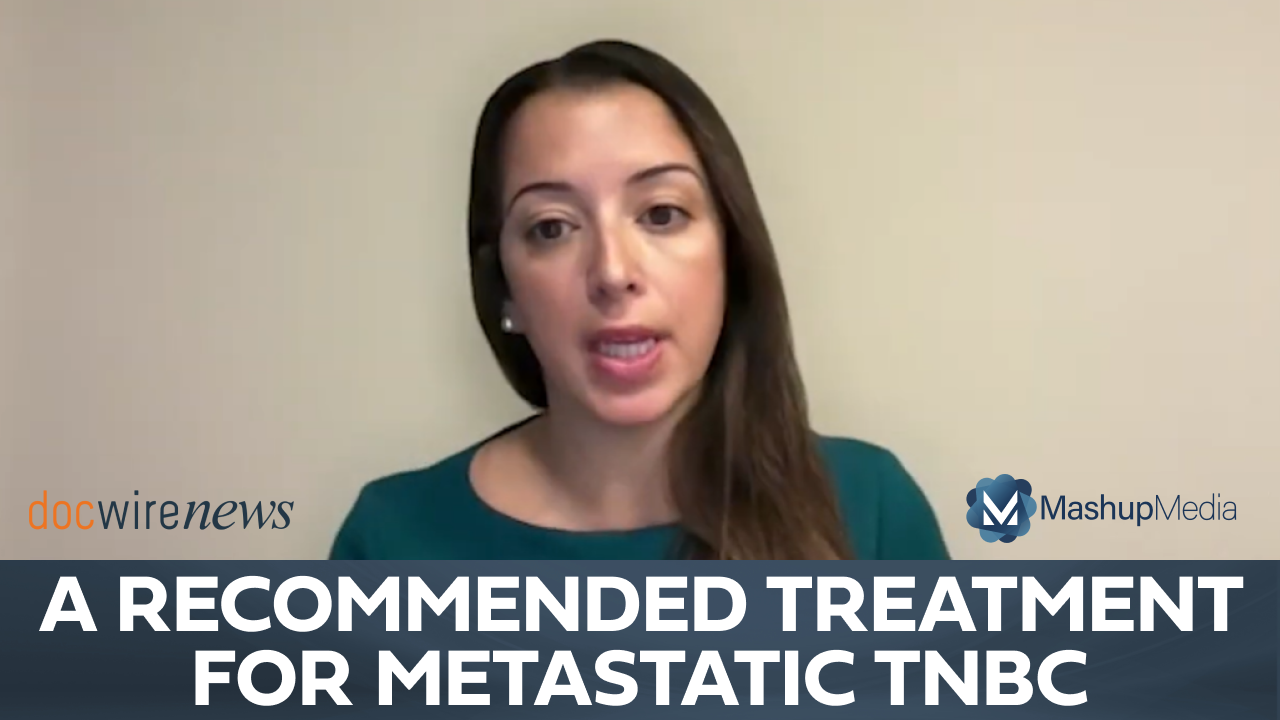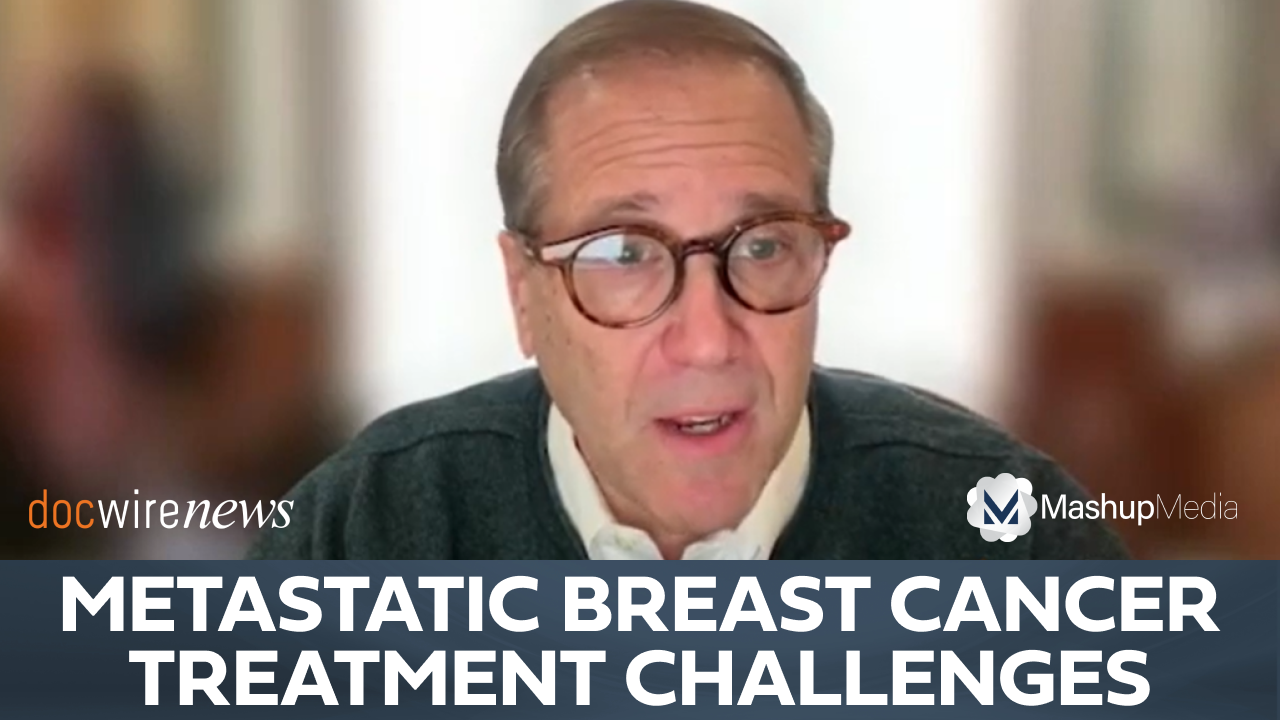
Sacituzumab govitecan (SG)-related neutropenia can be effectively treated using G-CSF prophylaxis in patients with metastatic triple-negative breast cancer (mTNBC), according to a study presented at the 2024 San Antonio Breast Cancer Symposium.
In this US-based, de-identified Flatiron Health electronic medical record–derived database study, researchers assessed 381 patients with mTNBC treated with SG in the second line (2L) and later from Apr 2020 to Jun 2023. Researchers assessed SG treatment (tx) duration, incidence of neutropenia, and concomitant granulocyte colony-stimulating factor (G-CSF) use during SG tx. Primary prophylaxis in this study was defined as any G-CSF administration on or after SG tx start (index) date and before the first neutropenic event. Secondary prophylaxis was stipulated as G-CSF administration after neutropenia resolution.
According to the results, grade ≥3 neutropenia occurred in 10% patients following any GCSF prophylaxis and in 4% of patients receiving primary prophylaxis only. Therapeutic-only GCSF use was observed in 6% of the patient population with a median (IQR) time to grade ≥3 neutropenia onset of 9 (8-21) days; 21% (n=79) of patients received both prophylactic and therapeutic G-CSF during SG tx. Moreover, among 41% of patients who did not receive G-CSF during SG tx, 13% experienced grade ≥3 neutropenia with a median (IQR) time to grade ≥3 neutropenia onset of 8 (8-22) days.
“In this real-world analysis of pts with previously treated mTNBC, SG demonstrated effectiveness and a manageable safety profile, consistent with findings from the ASCENT study and other real-world studies,” the researchers concluded.
Reference
Nanda R, Yam C, Spring L, et al. Management of Neutropenia and Effectiveness of Sacituzumab Govitecan (SG) in Patients (pts) With Metastatic Triple-Negative Breast Cancer (mTNBC) Treated in Real-World Settings in the United States. Abstract #SESS-667. Presented at the 2024 San Antonio Breast Cancer Symposium; December 10-13, San Antonio, Texas.





 © 2025 Mashup Media, LLC, a Formedics Property. All Rights Reserved.
© 2025 Mashup Media, LLC, a Formedics Property. All Rights Reserved.